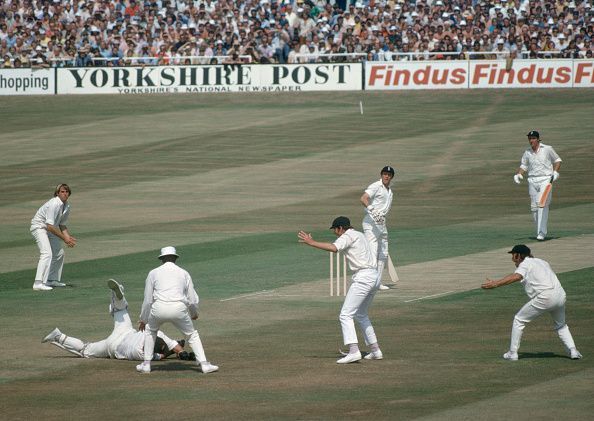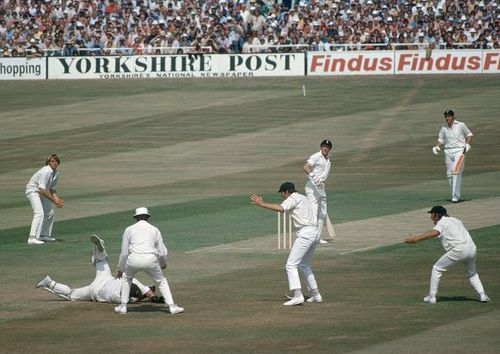
5 captains who introduced revolutionary moves in cricket

The saying, 'Improvise or perish' is true in cricket as well. Cricket is a sport that demands mental strength as much as physical strength and on most occasions, the former is the difference between a victory and a defeat.
The captains spearhead the department of strategy formations in cricket and they have to keep themselves on their toes to ensure that they have the upper hand in the contest. Innovation is the key to strategy formation and hence some of the most successful captains are the ones who innovated frequently.
Let us discuss the top five such captains who innovated to perfection and brought something new to the table.
#5. Nine slip fielders by Greg Chappell
The slip fielders are stationed to convert an outside edge into a wicket. Depending on the quality of the batsmen, the bowler's caliber and the match-situation, captains decide the number of slip fielders.
Generally, one or two slips are stationed during a normal situation while three slips is an indication of a situation when the bowler is on top. More slip fielders are a reflection of the dominance of the fielding side.
But how many slip fielders can or should a captain have?
Greg Chappell gave the perfect answer to the question in 1976 when he put all his men in the slip cordon in the Test against New Zealand.
On the bowling of Dennis Lillee, one of the fastest bowler the world has ever seen, Chappell asked everyone except the bowler and the wicket-keeper to move in the slip region. Interestingly the batsman, Glenn Turner wasn't any novice, he was, in fact, one of the pillars of New Zealand's batting line-up.
The sight of nine men standing in the slip region was incredible and it must have been a tough decision for Chappell to make.
Apart from Chappell, only Steve Waugh showed the courage to use all nine fielders in the slip region but he contested this experiment against Zimbabwe, a weaker opponent.